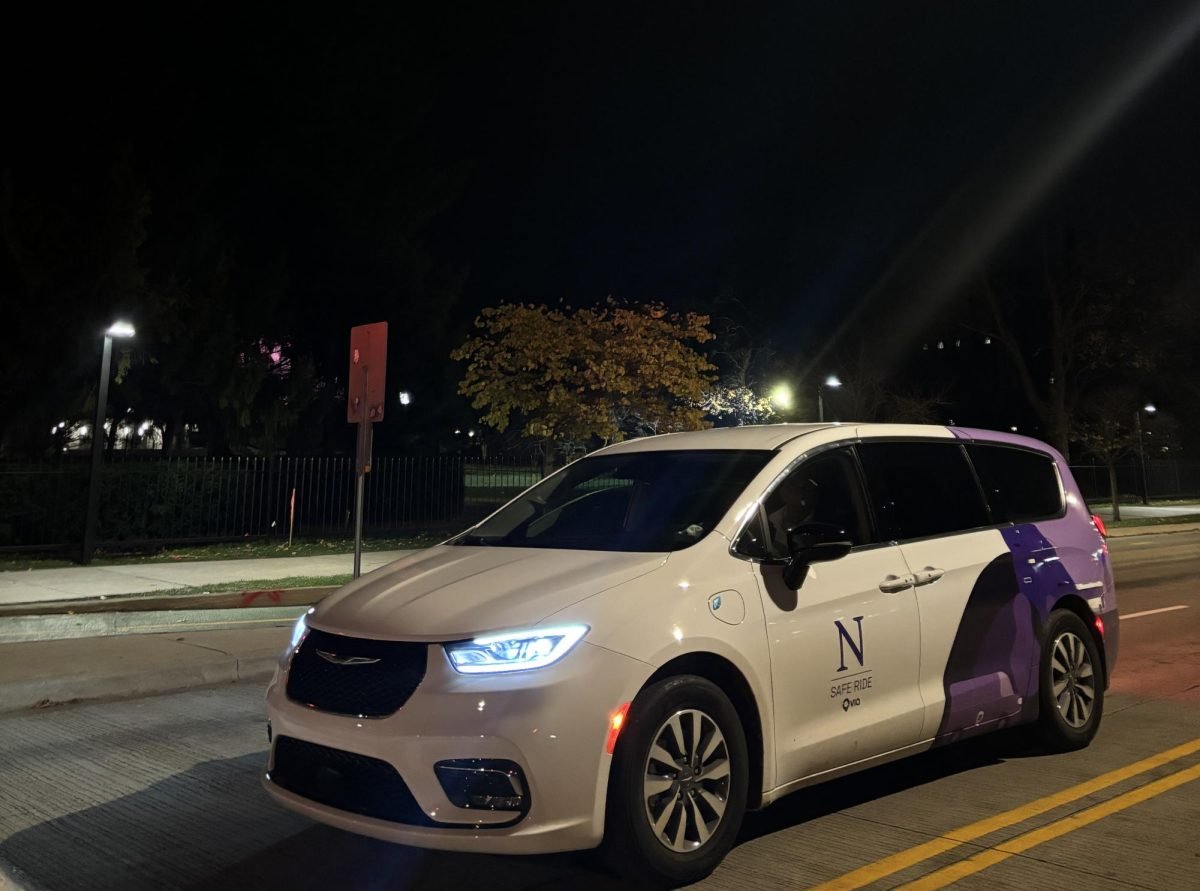Applications to become a resident assistant on Northwestern’s campus rose over 50% since last year. The number of applications has nearly doubled since 2022.
The abrupt rise in applications, some RAs say, is largely due to a change in how RAs are compensated. However, others have pointed out additional changes and cuts to their financial aid.
Since Fall 2023, RAs are paid $9,500 through direct deposit as taxable income. This amount exactly matches the housing price they are charged, making room and board free.
This change was intended to encourage more students on financial aid to apply to become RAs, University spokesperson Amy Lee said in an email to The Daily.
As part of the new arrangement’s benefits, RAs are given an open access meal plan — which can result in decreases to their financial aid.
“Under this arrangement, financial aid is only reduced by the cost of the open-access meal plan, which is $8,481 for the full year,” Lee said in the email to The Daily. “While this still results in a decrease, it is significantly smaller than previous reductions.”
Prior to Fall 2023, RAs were given free housing and meal plans, which could cumulatively cut into their financial aid.
According to Lee, the old plan saw that for students receiving substantial aid, “this meant a dollar-for-dollar decrease based on the exclusion of housing and meal plan costs, leading to an approximate $20,000 reduction in their aid package over a full academic year.”
McCormick junior Grace Hancock, a second-year RA in Sargent Hall, said under the old system, being an RA wasn’t beneficial for students from a financial aid standpoint.
“It had the reputation of, you shouldn’t apply to be an RA unless you’re paying full tuition,” Hancock said. “But then at that point, if you’re able to afford to pay full tuition, how much of a reason is there for you to want free housing?”
The Fall 2023 shift proved beneficial to many existing RAs.
“For a lot of people, and myself included, it gave me a lot more aid than I was having,” Hana Agueros (Weinberg ’24), who worked as an RA for three years, said. “That was something that RAs had been pushing for a long time.”
Medill and SESP sophomore Adelle Johnson, an RA in Hobart House, first became interested in applying after learning about the new arrangement.
After checking the financial impacts with the Office of Undergraduate Financial Aid, she decided to apply.
“That was a big factor because if it had been the previous calculated system, I don’t think I would have been an RA, because the money was half what I was looking for out of it,” she said.
Still, some RAs said they have lost overall financial support from the University after the new pay allotment policy took effect.
Weinberg sophomore Joseph Biju’s Northwestern Scholarship was reduced by over $10,000 more than the $8,481 figure specified by the Financial Aid department this year, despite his family’s income marginally changing after becoming an RA in Sargent Hall. He acknowledged these decreases may not be related and are made involving a variety of other factors.
Although their reduction in financial aid did not exceed the meal plan cost, others, such as Medill and Bienen sophomore and RA Alice Oh, were unaware of the impact the open access meal plan could have on financial aid.
Oh said she was confused this year when her Northwestern Scholarship was reduced by more than $3,000.
She wasn’t the only one confused by the school’s explanation of the RA benefits package.
Hancock said she is frustrated by the way the Office of Financial Aid explains the inclusion of the meal plan into the package.
“They’ve said that (my financial aid) would be reduced regarding the meal plan. But then it’s like, don’t promise that the meal plan is part of our reimbursement,” Hancock said. “Even a difference of the meal plan, for some people, could be doubling your tuition costs if you’re receiving enough aid.”
Johnson also said she had to visit the website multiple times and read over the wording carefully to understand the fine print.
RAs are required to be ready to respond to their residents’ needs on a 24-hour basis, work desk shift once a week and show up to school three weeks early.
Hancock spent last summer as an RA and has not been home since March due to the role’s busy schedule.
Though she said she is happy with the changes the department made and enjoys being an RA, Hancock hopes the University will continue to make improvements in the future to adequately compensate for the work she puts in.
“It’s been a long-going conversation for Northwestern,” she said. “And our RA community, at least before the last two years, saw the consequences of that.”
Email: [email protected]
X: @dov_w_elul
Email: [email protected]
X: @mayaw0ng
Related Stories:
— In Focus: Students detail harmful financial impact of NU scholarship displacement policies
— Northwestern to pay $43.5 million in settlement of financial aid lawsuit






